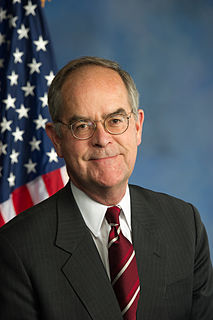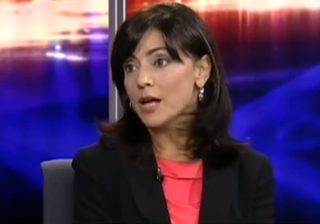A Quote by Dani Alves
In life, people move on their interests and even more when money is an issue.
Related Quotes
When the institutions of money rule the world, it is perhaps inevitable that the interests of money will take precedence over the interests of people. What we are experiencing might best be described as a case of money colonizing life. To accept this absurd distortion of human institutions and purpose should be considered nothing less than an act of collective, suicidal insanity.
If there's anything you want to do and you can't figure out why you're not doing it, there's a simple answer: you link more pain to doing it than not doing it. Hey, if you don't have enough money, for example I know that's an issue for a lot of people. It was for a good deal of my life. If you don't have money there's only one reason: you link more pain to having more money than to not having it.
Take the life issue. This issue requires a president and an administration leading our nation to understand the importance of life. This whole faith-based initiative really ties into a larger cultural issue that we're working on. It begins to affect the life issue, as well as the human dignity issue, because when you're talking about welcoming people of faith to help people who are disadvantaged and are unable to defend themselves, the logical step is also those babies.
Everything in life and business, you only earn more if you become more valuable. Because if you can do more for people than anybody else does, you can prosper. But you can't do that unless you're constantly educating yourself with the cutting edge. My whole life, even when I had no money, I would invest in education.
If you're talking about the narrow issue of public assistance, I would like to see us move to a more healthy system. But until we come up with certain guarantees - for example, guaranteed jobs where mothers move off welfare - I support welfare very strongly. The worst thing we could do is impose time limits and then expect people to sink or swim once they move off welfare.





































